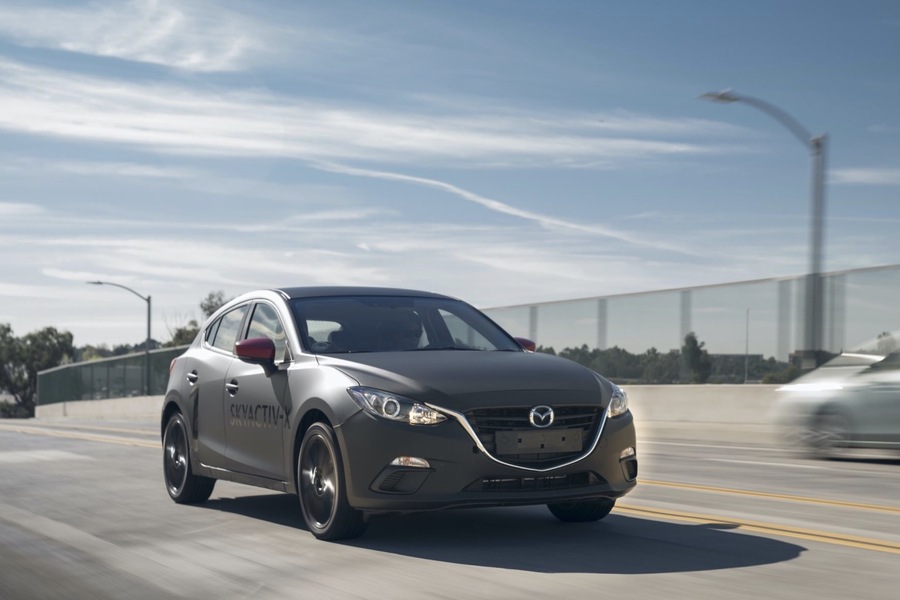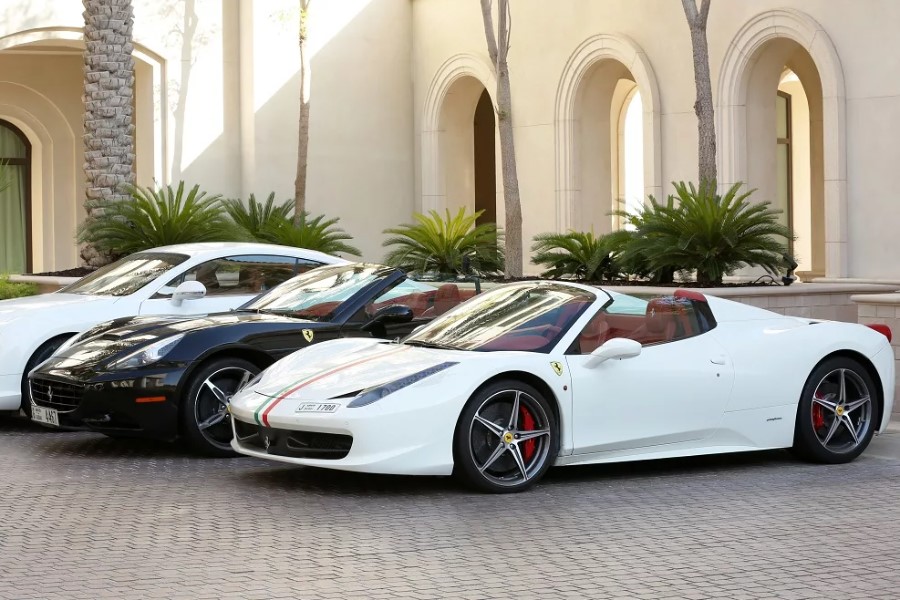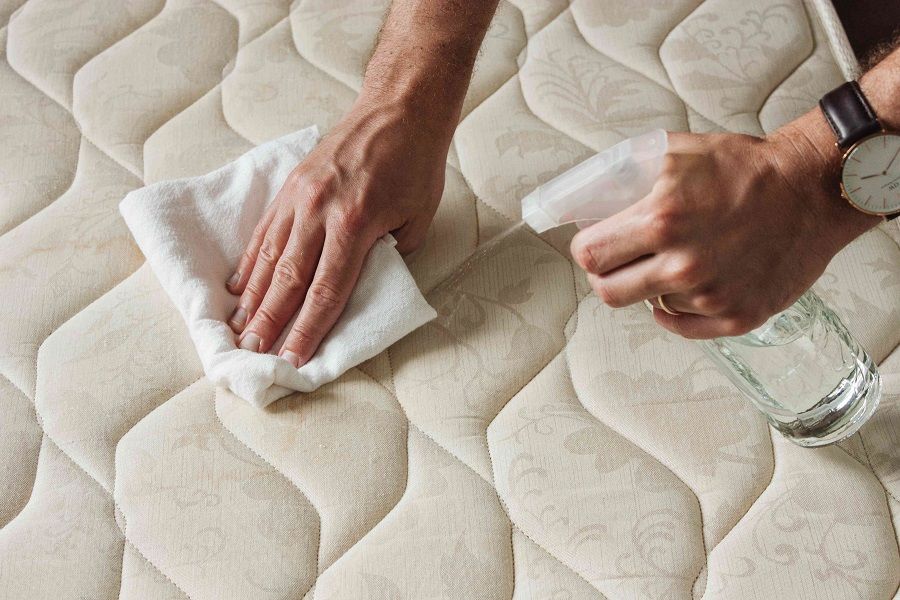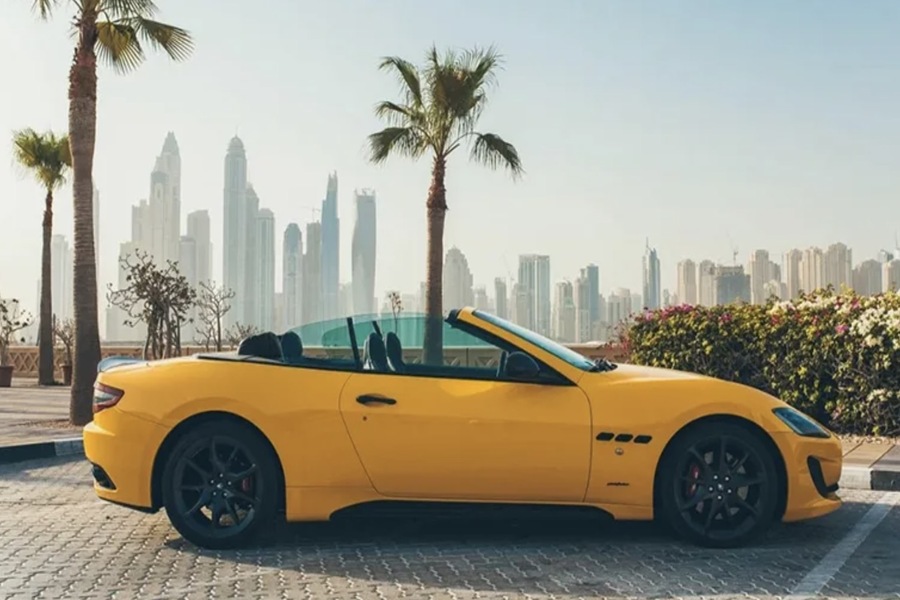The United Arab Emirates (UAE) is home to a diverse mix of cultural backgrounds, resulting in varying attitudes and perceptions toward pet ownership. While the trend of having pets has gained popularity over the past few years, cultural beliefs, religious considerations, and societal norms continue to play a critical role in shaping pet care and ownership behaviors. Understanding these influences is essential for promoting responsible pet care in Dubai and the broader UAE region.
Expatriate Influence on Pet Ownership Patterns
Dubai and the UAE host a large expatriate population from Europe, North America, and Asia, which has introduced a variety of pet ownership norms to the region. Expatriates, accustomed to owning pets as companions and family members, have brought a different perspective to the UAE’s pet care industry. The presence of international pet care providers, veterinary services, and specialized pet products has grown to cater to the needs of this demographic. As a result, the rise in pet-friendly facilities and services has made Dubai one of the most accommodating cities for pets in the Middle East.
Socioeconomic Factors Affecting Pet Ownership
The UAE’s relatively high standard of living makes pet ownership accessible to many residents. Higher disposable incomes and the willingness to spend on pet-related expenses have contributed to the growth of the pet care sector. According to a report by Euromonitor, the UAE’s pet care market is expected to see sustained growth due to increased spending on pet food, healthcare, and grooming services. This economic capability influences the type and number of pets that families choose to own, as well as the level of care they can provide.

Urbanization and Its Impact on Pet Ownership
Rapid urbanization in Dubai and other parts of the UAE has led to the development of high-rise residential buildings and limited outdoor spaces, which directly affects the feasibility of owning larger pets like dogs. Apartment living conditions often restrict the types of pets residents can own. Cats, small dog breeds, and exotic pets like birds and reptiles are more suited to this environment. Consequently, real estate developers have begun creating more pet-friendly communities, including designated pet areas and parks, to accommodate the needs of urban pet owners.
The Role of Cultural Identity in Pet Preferences
In the UAE, cultural identity plays a crucial role in the selection of pets. While cats are traditionally favored by the local population due to their association with Islamic culture, younger generations are beginning to explore a wider variety of pets. This shift is partly due to exposure to global media and the influence of expatriate lifestyles. As a result, pet ownership has become a status symbol for some, with rare and expensive breeds gaining popularity among affluent Emiratis.
Changing Attitudes Towards Animal Welfare
Animal welfare awareness in the UAE has evolved significantly in recent years. The government, alongside various animal welfare organizations, has implemented regulations to ensure the humane treatment of animals. For example, the UAE’s Federal Law No. 16 of 2007 on Animal Welfare outlines penalties for neglect, abandonment, and cruelty towards animals. Public awareness campaigns by groups such as the Emirates Animal Welfare Society have also contributed to changing perceptions regarding animal rights. These initiatives are fostering a more compassionate approach to pet ownership, encouraging residents to adopt rather than purchase pets.
Challenges Faced by Pet Owners in the UAE
Despite the growing acceptance of pets in the UAE, owners face several challenges due to cultural and societal factors. Restrictions on pets in public areas, limited pet-friendly housing options, and high costs associated with veterinary care are some of the barriers. Additionally, the transient nature of the expatriate community leads to instances of pet abandonment when families leave the country. As a result, animal shelters often struggle with capacity issues. Addressing these challenges requires a coordinated effort between government bodies, property developers, and the community to create a supportive environment for pet owners.
The Influence of Social Media on Pet Ownership Trends
Social media platforms have played a crucial role in shaping pet ownership trends in the UAE. Influencers and pet enthusiasts often share content that highlights pet-friendly places, grooming services, and adoption opportunities, which has a direct impact on the choices residents make. Online communities such as Facebook groups and Instagram pages dedicated to pet care in Dubai provide valuable information, support, and networking opportunities for pet owners. This digital influence has been instrumental in encouraging the adoption of rescued animals and promoting responsible pet ownership practices.
Pet Care in Dubai: An Evolving Market
The industry of pet care in Dubai is continuously evolving to meet the diverse needs of its residents. From pet grooming salons and luxury boarding facilities to specialized veterinary clinics, the range of services available reflects the changing attitudes toward pets as family members. Pet care in Dubai signifies a dynamic sector that caters to a multicultural population with varying expectations and requirements. As the market expands, businesses are adapting by offering services that align with the cultural sensitivities and practical needs of both Emiratis and expatriates.
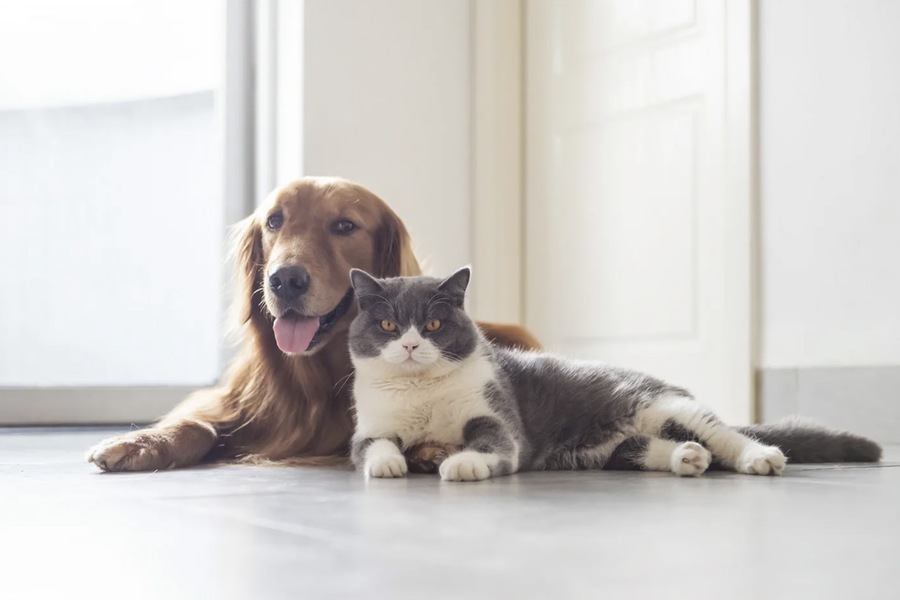
Educational Initiatives and Their Role in Shaping Pet Ownership
Educational programs focusing on responsible pet ownership are gaining traction in the UAE. Schools, community centers, and animal welfare organizations are conducting workshops to educate children and adults about the responsibilities of owning a pet. These initiatives aim to instill a sense of empathy and care for animals from an early age. Such efforts are essential for creating a future generation that values animal welfare and understands the importance of humane treatment.
The Future of Pet Ownership in the UAE
Looking ahead, pet ownership in the UAE is expected to grow as societal norms continue to evolve. Increased government support for animal welfare, the development of pet-friendly infrastructure, and the influence of younger, more open-minded generations are likely to shape the future landscape of pet care in the country. As attitudes shift, it is anticipated that more residents will embrace pets as companions rather than solely for functional purposes, leading to a more inclusive and compassionate approach to animal care.
Conclusion
Cultural perceptions in the UAE significantly shape pet ownership patterns, influenced by factors such as religion, expatriate norms, socioeconomic status, and urban living conditions. While traditional beliefs and practices continue to affect attitudes towards pets, there is a noticeable shift towards a more accepting and compassionate approach, driven by education, social media, and evolving lifestyle trends. Understanding these cultural dynamics is essential for promoting responsible pet care and ensuring a harmonious coexistence between people and animals in Dubai and the broader UAE region.

I act as a financial expert on the Today Show and Good Morning, America. I like to give reasonable advice on budgeting to people with any income level.

